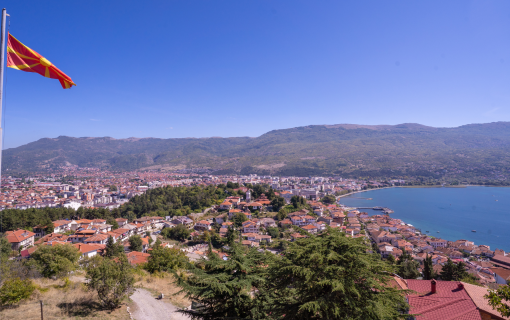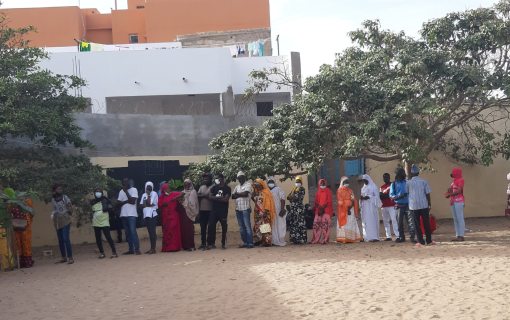1990 General Elections in Grenada, A Preliminary Analysis
INTRODUCTION
Grenada, the southernmost and the most densely populated state in the Windward Islands chain, first garnered major popular attention in the United States-and in the world--on 25 October 1983 when forces from the U.S. joined with units from Jamaica, Barbados, and the Organization of Eastern Caribbean States (OECS) to topple Grenada's three-year-old revolutionary government. This action, although popular among OECS states and in Grenada itself, was initially opposed by the Thatcher Government in the United Kingdom, by much of Hispanic America, and by the governments of four of the six largest states in the Caribbean Community and Common Market (CARICOM) because of its circumvention of CARICOM and OAS procedures. This military action had the effect of perceptively establishing the U.S. as the important international actor in Grenada, an actor that played a significant role in structuring the island's post-revolutionary government. Thus, the Grenadian general election in 1990, the first national electoral test of the Island's post-revolutionary regime, is extremely important within the context of U.S. policy in the region not only in terms of electoral outcome, but even more so in regard to the U.S. role in the process of the actual electoral contest.
It is in the U.S. national interest to clearly comprehend the deeply rooted complexities of this upcoming election and to clearly and consistently support a fair and open contest. The initial task is understanding. This is not an easy mission.
Read the Full Report.









